Nigeria’s Islamic finance industry continues to grow despite headwinds: Fitch
Overall Nigerian banking sector outlook is ‘deteriorating’, says report
The Central Bank of Nigeria has set the regulatory liquidity ratio for Islamic banks at 10%, much lower than for conventional banks at 30%.
The apex bank also grants Islamic banks a 50% “alpha-factor” discount in calculating risk-weighted assets, but none for conventional banks. This provides a sizable uplift to Islamic banks’ capital ratios and allows Islamic banks to capture market share with less capital constraint on growth.
“Islamic banking is growing swiftly from a low base on the back of a strong financing push, a growing capital base, and the government’s more lax prudential requirements compared with conventional banks,” the report said.
However, Fitch noted that the industry is likely to remain nascent in the medium term despite the government impetus.
Nigeria, one of the largest sukuk markets in Africa, has an outstanding issuance of 755.5 billion nairas ($1.6 billion). The Islamic finance industry is estimated at $2.9 billion at the end of end-2022.
“The long-term potential is significant as Nigeria has the largest Muslim population in Africa with a large unbanked population,” the ratings agency said.
On the other hand, Fitch said that the overall Nigerian banking sector outlook is “deteriorating”.
“We expect real GDP growth to remain robust in 2023 but operating conditions will weaken due to higher inflation, rising interest rates and hard-currency shortages,” the report added.
(Editing by Seban Scaria seban.scaria@lseg.com)




